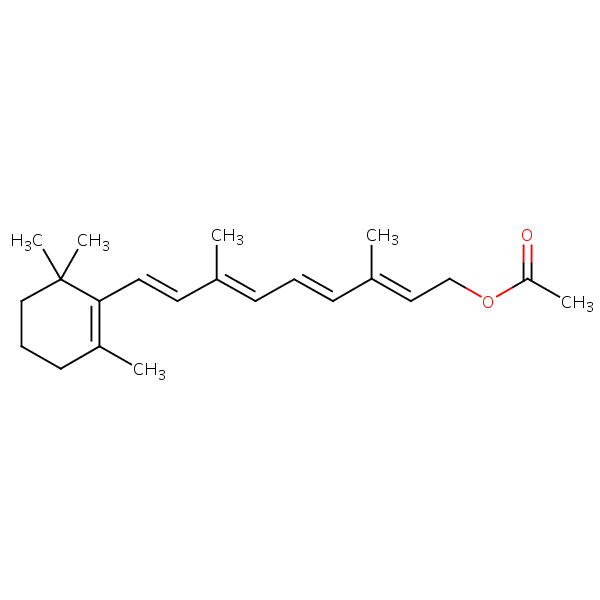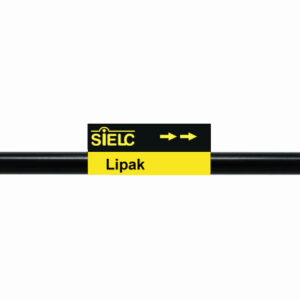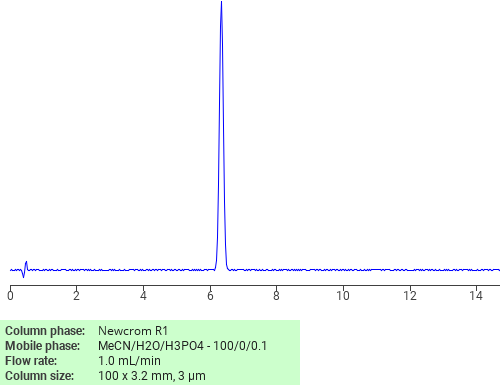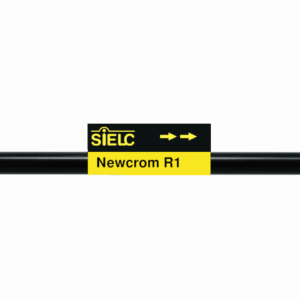| CAS Number | 127-47-9 |
|---|---|
| Molecular Formula | C22H32O2 |
| Molecular Weight | 328.497 |
| InChI Key | QGNJRVVDBSJHIZ-QHLGVNSISA-N |
| LogP | 7.48 |
| Synonyms |
|
Applications:
HPLC Method for Analysis of Retinol and Synthetic Derivatives Analysis on Lipak Column
November 25, 2024
HPLC Method for Retinol (Vitamin A), Retinol acetate, Retinol palmitate on Lipak by SIELC Technologies
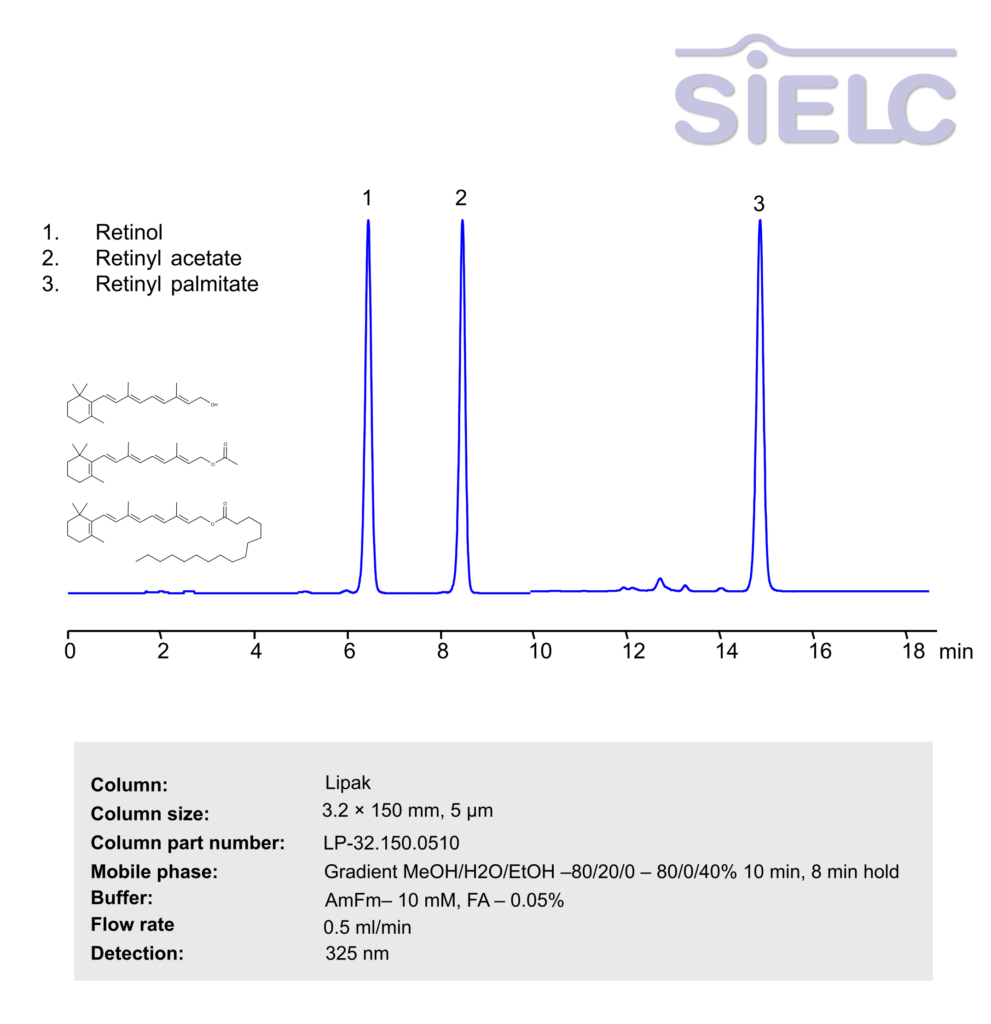
High Performance Liquid Chromatography (HPLC) Method for Analysis of Retinol (Vitamin A), Retinol acetate, Retinol palmitate
Retinol, also known as vitamin A1, and its synthetic derivatives are widely studied for their impact on skin health, cellular regeneration, and their role in treating various skin conditions like acne, wrinkles, and hyperpigmentation.
Retinol (Vitamin A), Retinol acetate, Retinol palmitate can be retained, and analyzed using a Lipak mixed-mode stationary phase column. The analysis utilizes an gradient method with a mobile phase consisting of water, methanol (MeOH), Ethanol (EtOH), ammonium formate and formic acid as a buffer. Detection is achieved using 325 nm
| Column | Lipak, 3.2 x 150 mm, 5 µm, 100 A, dual ended |
| Mobile Phase | Gradient MeOH/H2O/EtOH –80/20/0 – 80/0/40% 10 min, 8 min hold |
| Buffer | AmFm– 10 mM, FA – 0.05% |
| Flow Rate | 0.5 ml/min |
| Detection | 325 nm |
| Class of Compounds | Retinoids |
| Analyzing Compounds | Retinol (Vitamin A), Retinol acetate, Retinol palmitate |
Application Column
Lipak
Column Diameter: 3.2 mm
Column Length: 150 mm
Particle Size: 5 µm
Pore Size: 100 A
Column options: dual ended
Retinol acetate
Retinol palmitate

Separation of Retinol acetate on Newcrom R1 HPLC column
February 16, 2018
Retinol acetate can be analyzed by this reverse phase (RP) HPLC method with simple conditions. The mobile phase contains an acetonitrile (MeCN), water, and phosphoric acid. For Mass-Spec (MS) compatible applications the phosphoric acid needs to be replaced with formic acid. Smaller 3 µm particles columns available for fast UPLC applications. This liquid chromatography method is scalable and can be used for isolation impurities in preparative separation. It also suitable for pharmacokinetics.
Application Column
Newcrom R1
The Newcrom columns are a family of reverse-phase-based columns. Newcrom A, AH, B, and BH are all mixed-mode columns with either positive or negative ion-pairing groups attached to either short (25 Å) or long (100 Å) ligand chains. Newcrom R1 is a special reverse-phase column with low silanol activity.
Select options